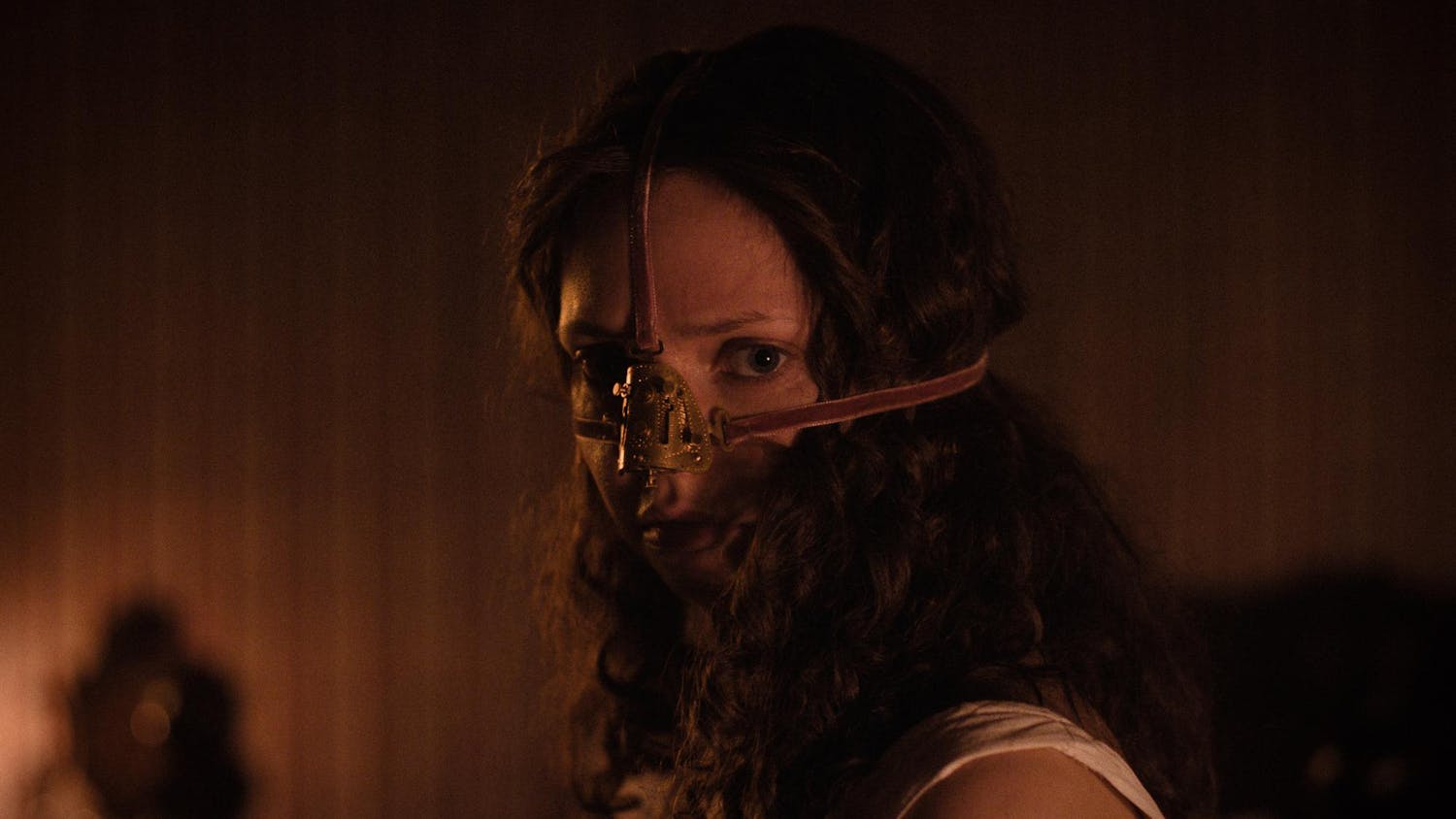There has been a changing of the guard. Old Cap is out, new Cap is Black.
In the upcoming Marvel Disney+ series “Falcon and the Winter Soldier,” premiering March 19, fans will see the journey of Sam Wilson, Falcon, stepping into his new role as Captain America after Steve Rogers handed him a shield in “Avengers: Endgame.”
Before people get up in arms, as fans do, there is precedent for a Black person taking the mantle in the comics. Not only has Sam been Captain America before, but there are also other Black Captain America legacy characters.
One being Isaiah Bradley, the original Black Captain America.
Bradley was a soldier in the 1940s and was among a group of 300 Black male soldiers who were experimented on after the death of Dr. Erskine, the scientist responsible for the original recipe Captain America super-soldier serum. After the success of Steve Rogers, the military wanted more super-soldiers, but because Erskine never documented or shared his formula, they had to start from scratch.
To do so, they chose a group of men they deemed “inferior” to their white counterparts to trial their experimental formulas. In the 2003, seven-issue comic series “Truth: Red, White & Black,” in which Bradley first appeared, one of the scientists behind the experiments explicitly says this in the comic panels.
“‘It’s necessary if our methods apply to the inferior race,’” said actor and YouTuber Michael Lamar Simeon, quoting the comic. “So yeah, so they literally — they even said it in the book. They deemed quote-on-quote negroes as inferior, and so if the experiments were to go wrong, so what? What? It’s just a couple negroes. Doesn’t matter.”
In an interview with the Indiana Daily Student, Simeon explained in the comic most of the Black soldiers died as a result of experimentation, and the few who survived were permanently deformed, except for Isaiah. Simeon posted a TikTok on Wednesday talking about the history of the character.
This storyline in the comics was an intentional parallel crafted by writer Robert Morales and artist Kyle Baker to show real-world uses of Black bodies as guinea pigs.
The best-known example of this is the 1932-1972 Tuskegee Experiment, in which Black men with syphilis were intentionally left to suffer and die even after the treatment was discovered in 1947.
Another oft-mentioned case is that of Henrietta Lacks, a woman whose “immortal” cells were taken to diagnose her cervical cancer — and were then given to other researchers and scientists without her consent. Lacks’ cells have been important in numerous medical discoveries and innovations since then, including COVID-19 vaccine research.
However, these are not the only instances of medical mistreatment of Black people.
This historical malpractice is largely the reason why many Black people today are so distrustful of the COVID-19 vaccine, leaving Black doctors and scientists to reassure the Black community of its safety.
Racism —intentional or not — in medicine is also why Black women are still fatally misdiagnosed and are at a far greater risk of dying from completely treatable complications in medical situations such as pregnancy or surgery.
In this new series, Marvel has an opportunity to touch on this history as they follow Sam Wilson — someone who will not only be reckoning with the legacy of the mantle of Captain America but also with that of being a Black American man.
“Falcon and the Winter Soldier” may or may not explore either Isaiah Bradley’s legacy or the fallout from having a Black man take over as the symbol of American patriotism. If they do, Marvel doesn’t need to soften it. Not confronting issues of the past can allow them to continue.
Simeon said Marvel shouldn’t try and pacify or placate their white audience in an effort to make them comfortable. Though there are many white viewers of this type of genre media, there is also a large BIPOC viewer population, and many Black people will be watching this show expectantly.
“Hopefully, again, we don’t know what we don’t know, but, like I said it’s Disney/Marvel. Like, they only seemingly push the envelope but so far,” said Simeon. “I’m hoping because it’s on Disney+ they’re a little bit more willing to take risks.”
Simeon said no matter what Marvel does, people are going to be upset that a Black man now carries the iconic shield. He cited the “anti-feminist” controversies and review-bombing surrounding “Captain Marvel,” the constant harassment of the women in “Star Wars,” and trolling on his own videos about the potential big-screen appearances of some of Marvel’s LGBTQ characters as examples of fan outrage.
On this subject of letting characters, and people, exist the way they are, Simeon mentioned a quote from Lena Waithe from her speech at the 2018 Essence Black Women in Hollywood Awards: “Being gay, Black and female is not a revolutionary act. Being proud to be a gay, Black female is.”
It remains to be seen how deeply “Falcon and the Winter Soldier” will explore racism and the history of Isaiah Bradley. Regardless, I am looking forward to this series and excited to see Sam Wilson continue the Captain America legacy.






